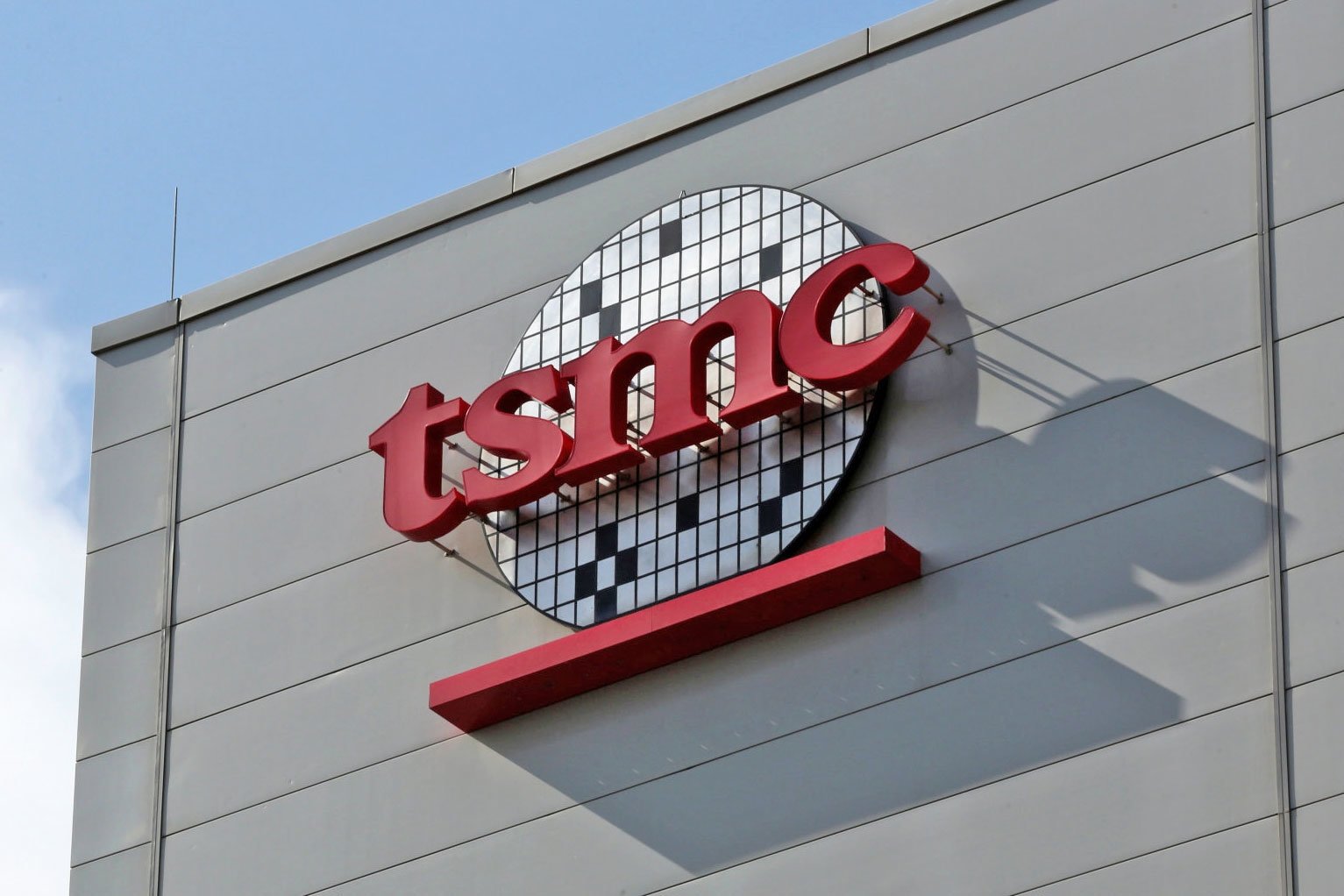TSMC

Company already works with new 2nm technology for processors
Last year, Taiwanese company TSMC initiated major investments in the development of 2 nm process technology. At that time, there was no clarity regarding the transition to 2 nm technological standards, but much has become clear so far. According to rumors, the company will reveal official plans for the development of 2 nm standards at the next conference, but for now we will familiarize ourselves with preliminary information.
According to Taiwanese sources, by switching to 2 nm process technology, TSMC will change the structure of the transistor. Instead of the vertical FinFET fins, which she decided to keep for 3 nm process technology for commercial reasons, the 2 nm transistors will receive a GAA (all-inclusive or port ring), which will surround the channel on all sides. In the case of FinFET, we remember that the gate covered the transistor channel only on three sides; therefore, the GAA gate ring should improve the current characteristics of the faded transistors.
The company will begin risky production of chips with 2 nm standards in 2023, which will happen a year after the mass production of 3 nm semiconductors begins. TSMC will begin mass production of 2 nm solutions in 2024. Within that framework, it expects the perfection of chip technology to finally surpass its competitor, Samsung.

Evolution of the Transistor (Samsung)
As for Samsung, it focused on the development and implementation of 3 nm process technology. There is a high probability that, initially, the South Korean company will lose production to the 4 nm standards, which were listed in its first plans. At the same time, Samsung planned to launch the launch of GAA transistors as part of the 4 nm process technology, but later moved that item to the 3 nm technology standards implementation stage.
However, Samsung's 3nm process technology with GAA transistors will be significantly more progressive in terms of chip characteristics than TSMC's 3nm process technology with FinFETs. But analysts believe that, in the long run, it will not help Samsung compete with TSMC. For example, Samsung was the first to use EUV scanners in chip making, but that did not help it get closer to the TSMC. With 3 nm process technology, the South Korean manufacturer can again take the lead, but TSMC plans to work around it in the next shift - in the phase of switching to 2 nm production standards.
AVnews

No comments:
Post a Comment